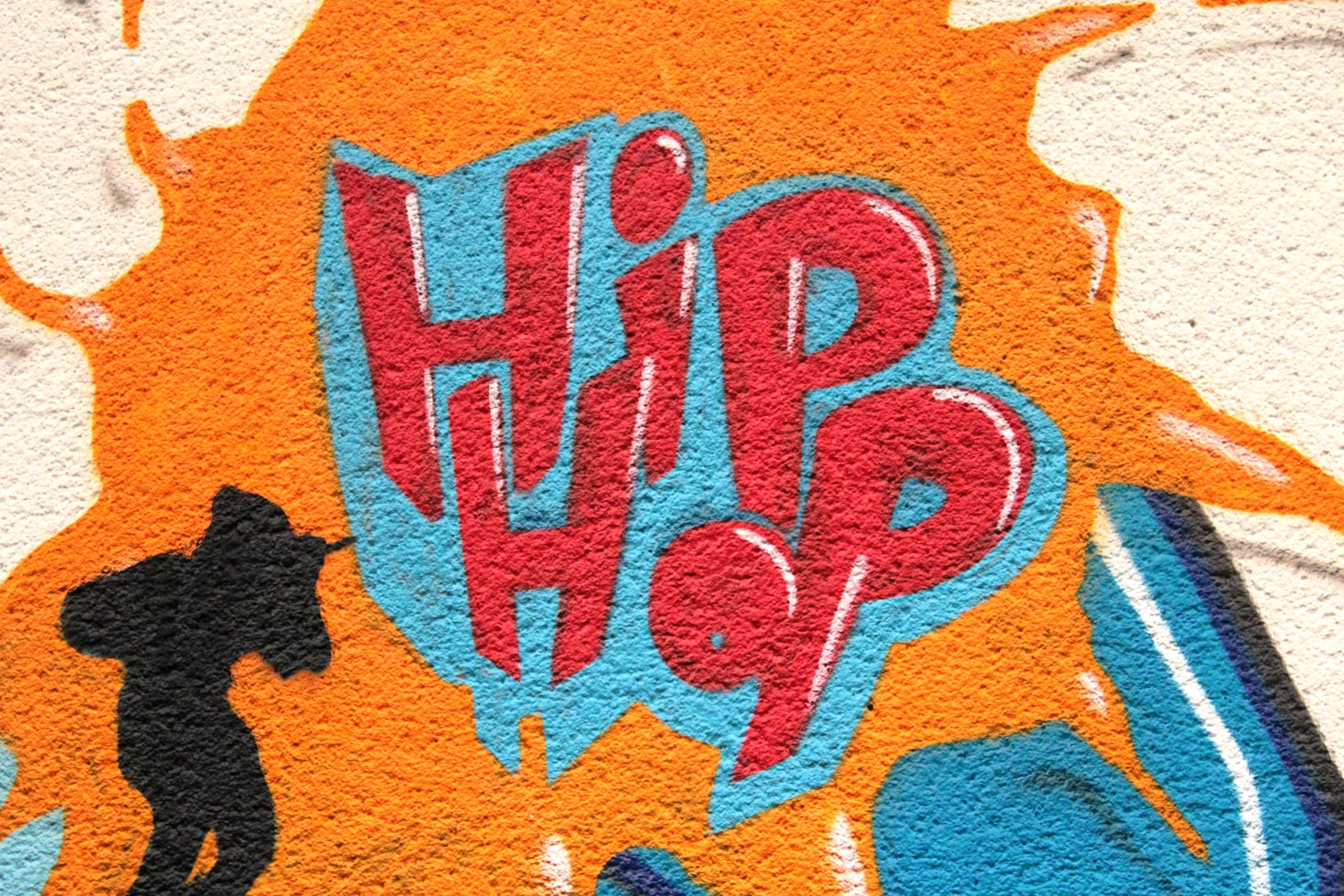The Rise of Hip-Hop and Its Cultural Significance

Hip-hop music and culture has come a long way since its origins in the South Bronx in the 1970s. The genre has grown from a niche subculture to a global phenomenon, influencing everything from fashion to politics.
Origins of Hip-Hop
Hip-hop music and culture originated in the South Bronx in the 1970s. It was born out of a need for a new form of self-expression for the African American and Latino communities living in the area. According to scholar Tricia Rose, “Hip-hop emerged as a response to the economic and social marginalization of Black and Latino youth in the South Bronx during the 1970s.”. The early days of hip-hop were characterized by block parties, where DJs would play the latest funk and soul music and MCs would improvise raps over the beats.

The Emergence of Rap Music
Rap music, a key component of hip-hop culture, began to emerge in the late 1970s. Rap music is characterized by its spoken-word vocal style and its focus on lyrics that often tell stories or express political or social commentary. According to scholar Jeff Chang, “Rap music is the voice of a generation that has been dispossessed by the American Dream”. The first rap record to be commercially released was “Rapper’s Delight” by The Sugarhill Gang in 1979.
The Golden Age of Hip-Hop
The 1980s is often referred to as the “golden age” of hip-hop. During this decade, the genre began to gain mainstream acceptance, and many of the most iconic hip-hop artists emerged. According to music journalist Nelson George, “The golden age of hip-hop was a time of creativity and experimentation when artists pushed the boundaries of the genre and expanded its reach.”. Some of the most notable artists of the golden age include Run-DMC, LL Cool J, and Public Enemy.
The Globalization of Hip-Hop
In the 1990s and 2000s, hip-hop continued to grow in popularity and reach, becoming a global phenomenon. According to musicologist Mark Anthony Neal, “Hip-hop has become one of the most influential cultural movements of the past three decades, shaping youth culture and popular culture around the world.”. Hip-hop has been embraced by people of all races, cultures, and backgrounds, and has been used as a tool for political and social change.
Cultural Significance
Hip-hop has had a profound impact on culture, influencing everything from fashion to politics. According to cultural critic Michael Eric Dyson, “Hip-hop has become a powerful force in American culture, shaping the way we think about race, gender, and class.”. The genre has also been credited with popularizing the use of African American vernacular, and it has been a major influence on the way we speak, dress and express ourselves.
Moreover, hip-hop has also been a powerful force in the world of fashion. According to fashion historian Amber Jane Butchart, “Hip-hop has played a significant role in shaping fashion, popularizing streetwear, and influencing high fashion.”. From the emergence of baggy pants and baseball caps to the popularization of designer labels like Gucci and Louis Vuitton, hip-hop has had a major impact on the way we dress.
Conclusion
Hip-hop music and culture have come a long way since their origins in the South Bronx in the 1970s. From a niche subculture, it has grown to become a global phenomenon, influencing everything from fashion to politics. The cultural significance of hip-hop can be seen in its influence on fashion, language, politics, and social change. It has been embraced by people of all races, cultures, and backgrounds, making it a truly powerful and transformative cultural movement.





